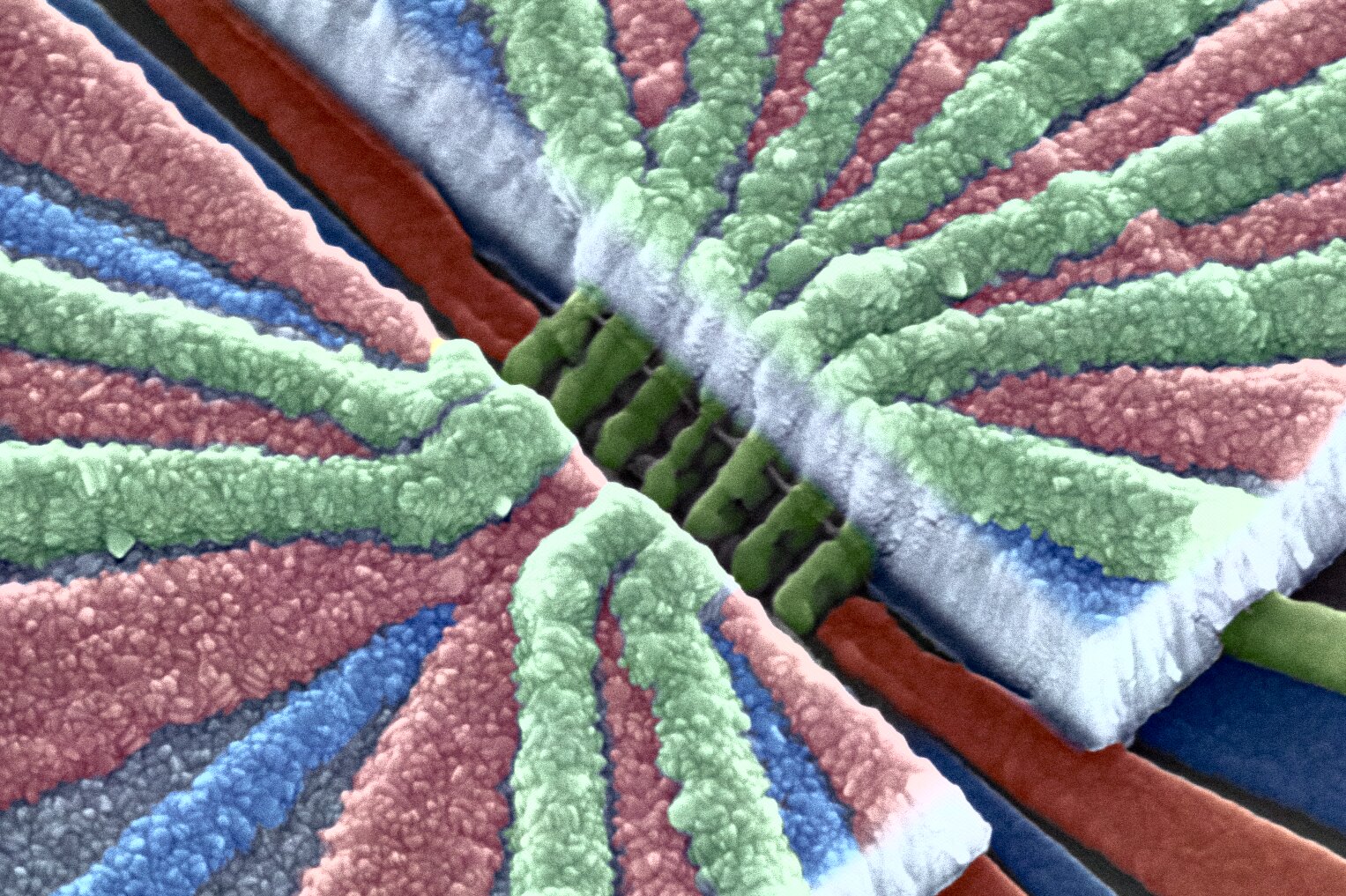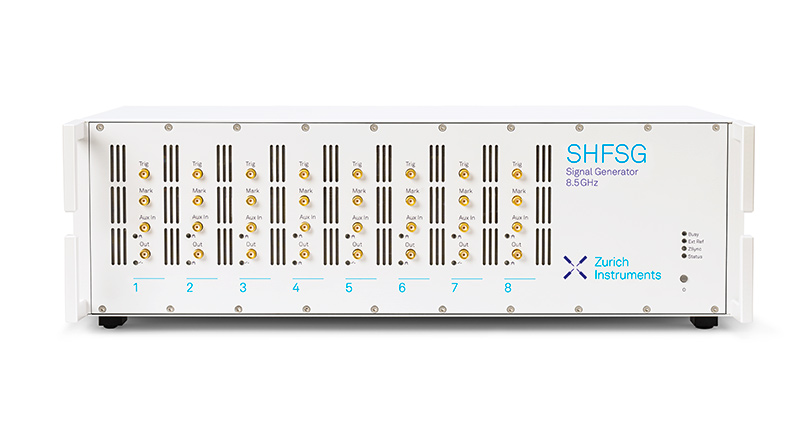Research conducted by Princeton University physicists is paving the way for the use of silicon-based technologies in quantum computing, especially as quantum bits. This research promises to accelerate the use of silicon technology as a viable alternative to other quantum computing technologies, such as superconductors or trapped ions.
The team used a two-qubit silicon quantum device to achieve an unprecedented level of fidelity. At above 99 percent, this is the highest fidelity thus far achieved for a two-qubit gate in a semiconductor and is on par with the best results achieved by competing technologies. Fidelity, which is a measure of a qubit’s ability to perform error-free operations, is a key feature in the quest to develop practical and efficient quantum computing.
By using a silicon device called a double quantum dot, the researchers were able to capture two electrons and force them to interact. The spin state of each electron can be used as a qubit and the interaction between the electrons can entangle these qubits. (Phys.org)
The work has been published in the journal Science Advances.


